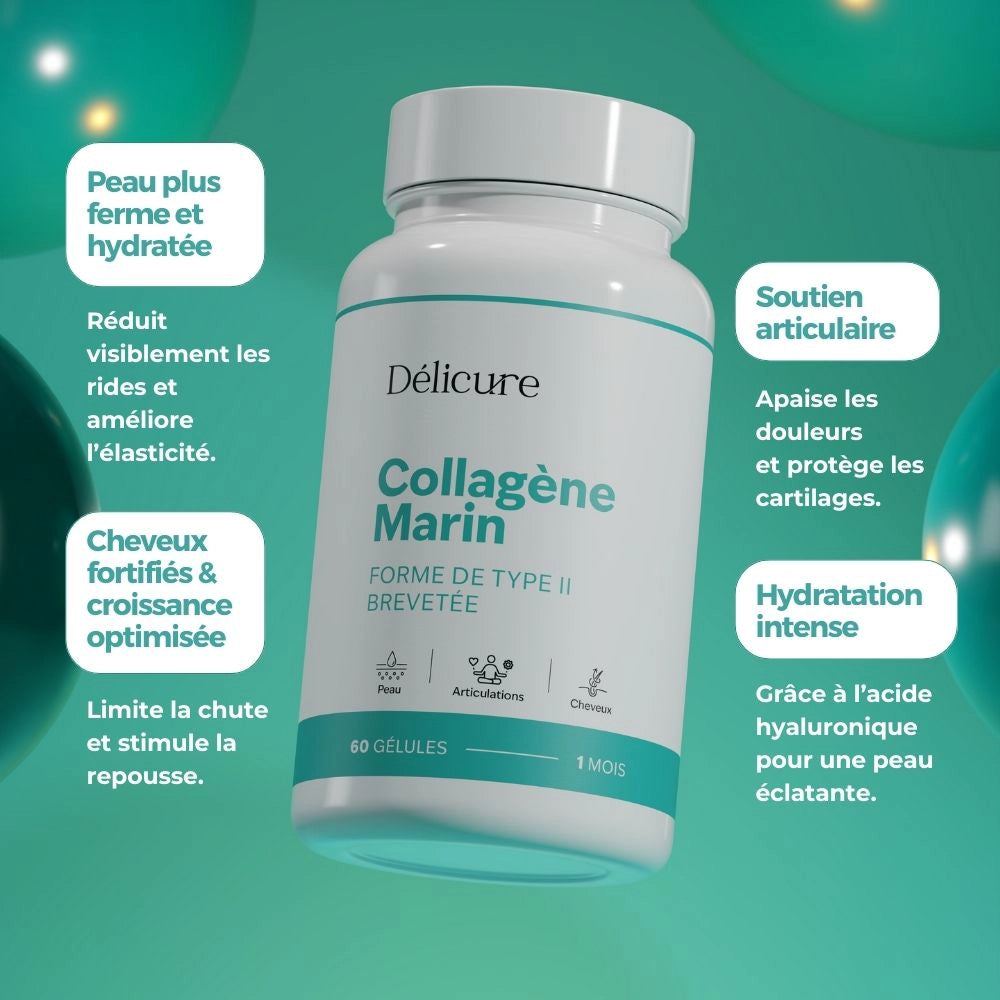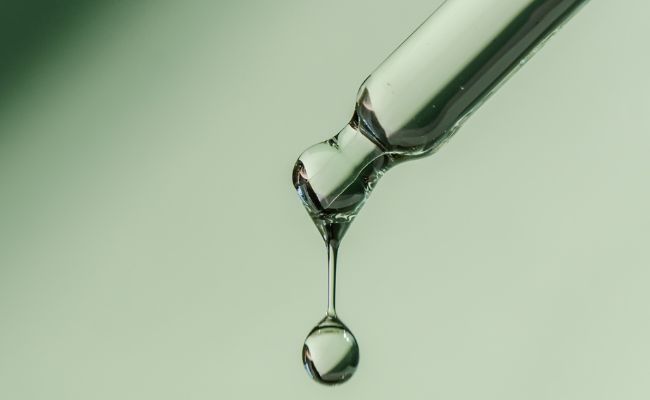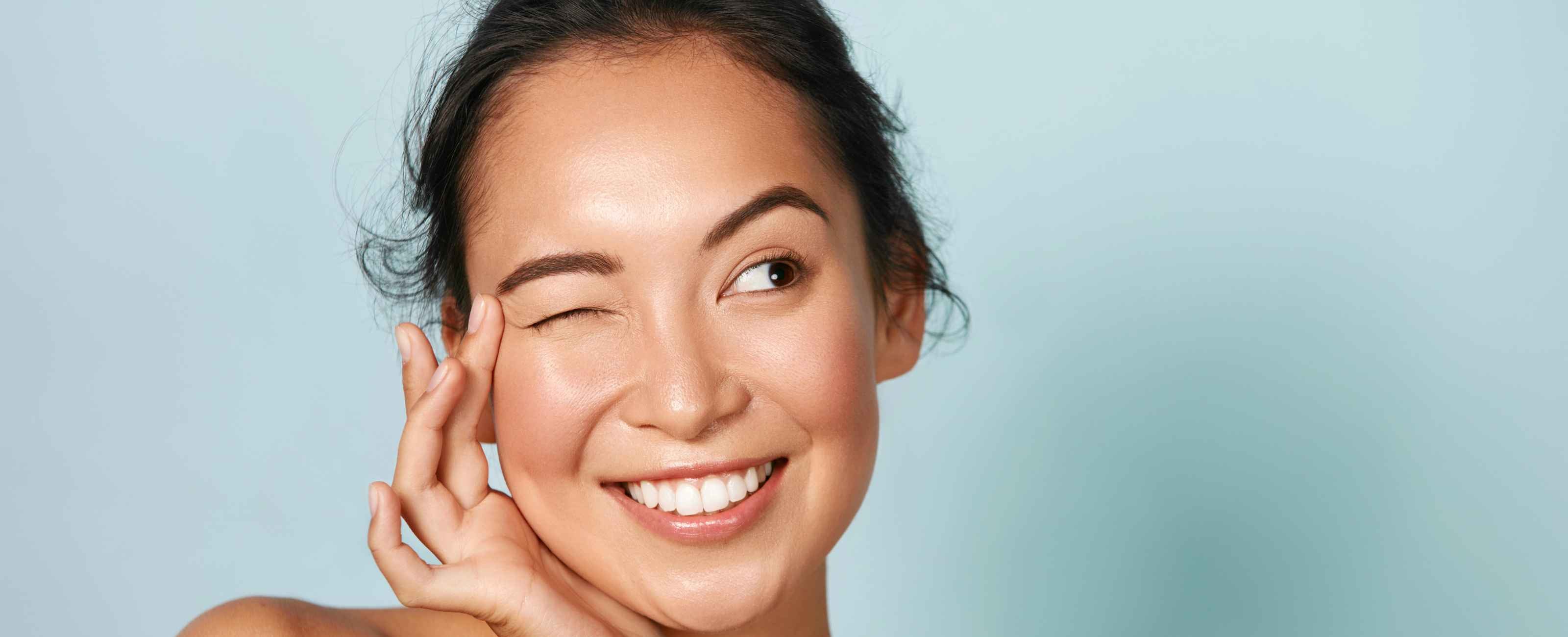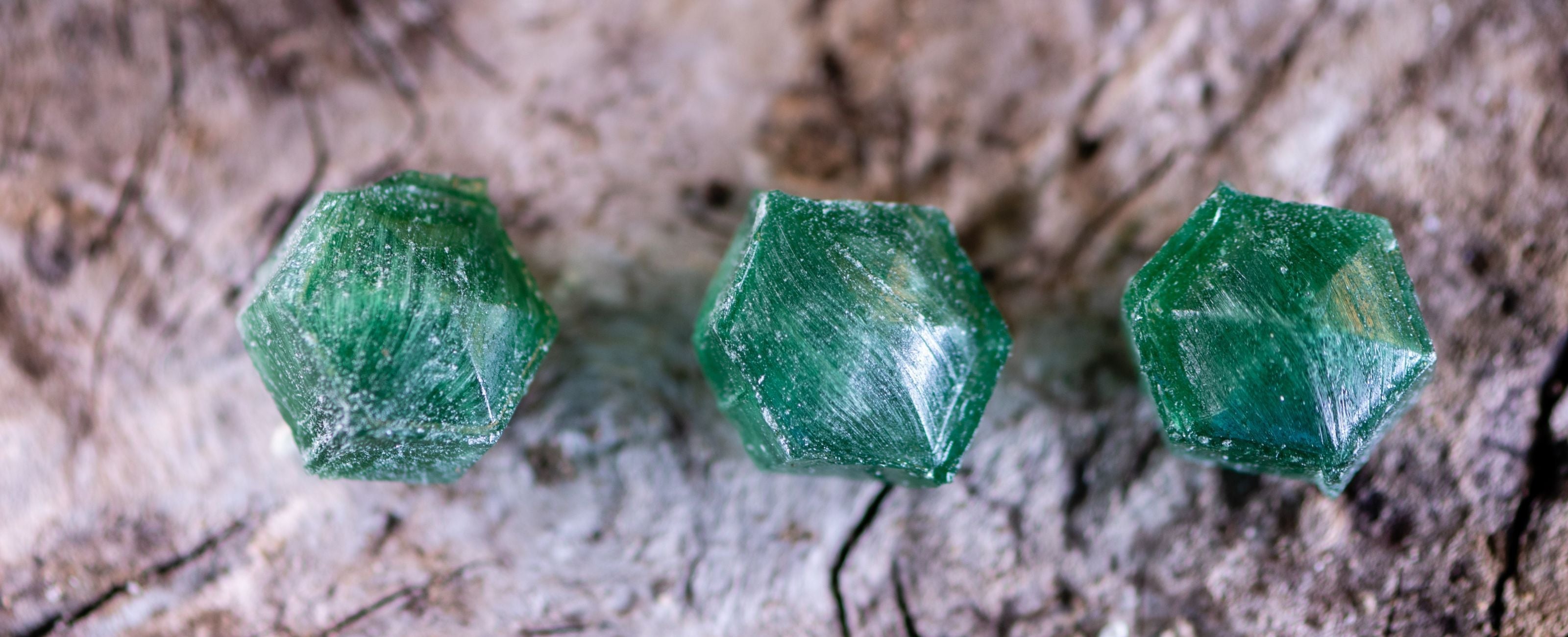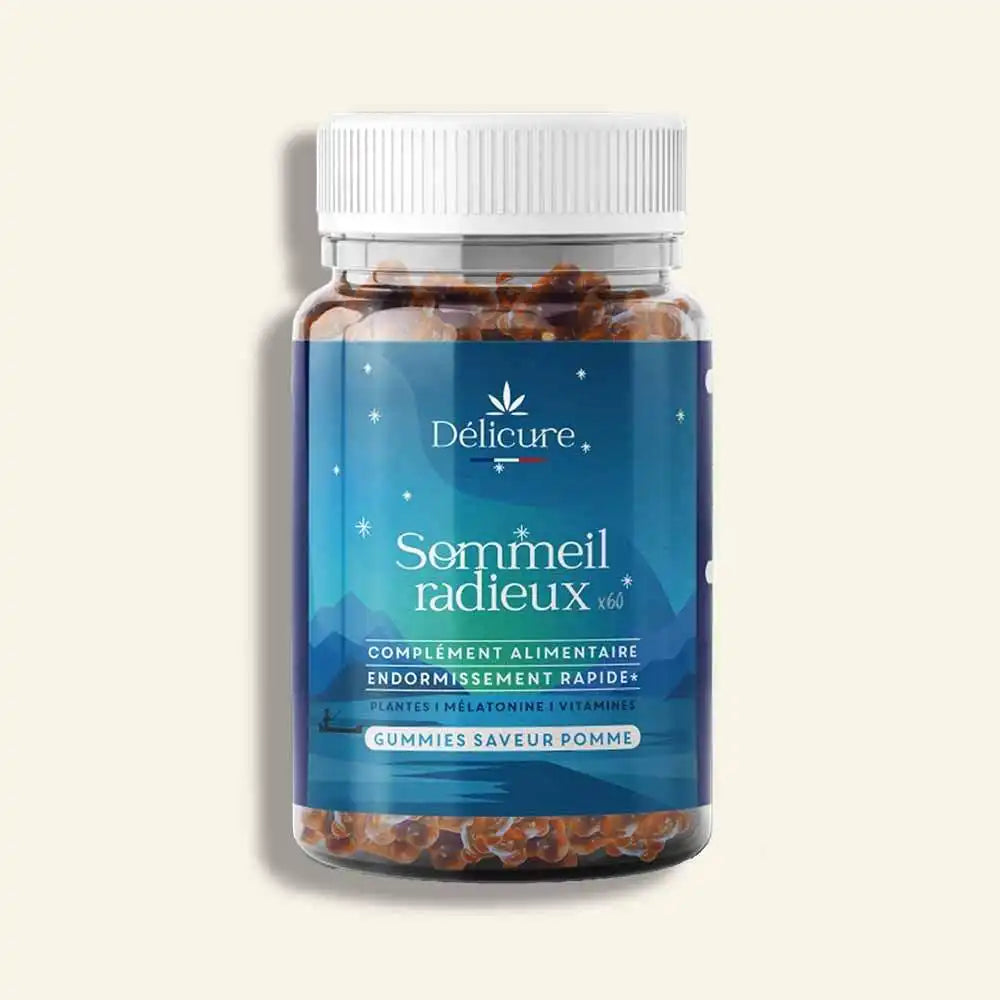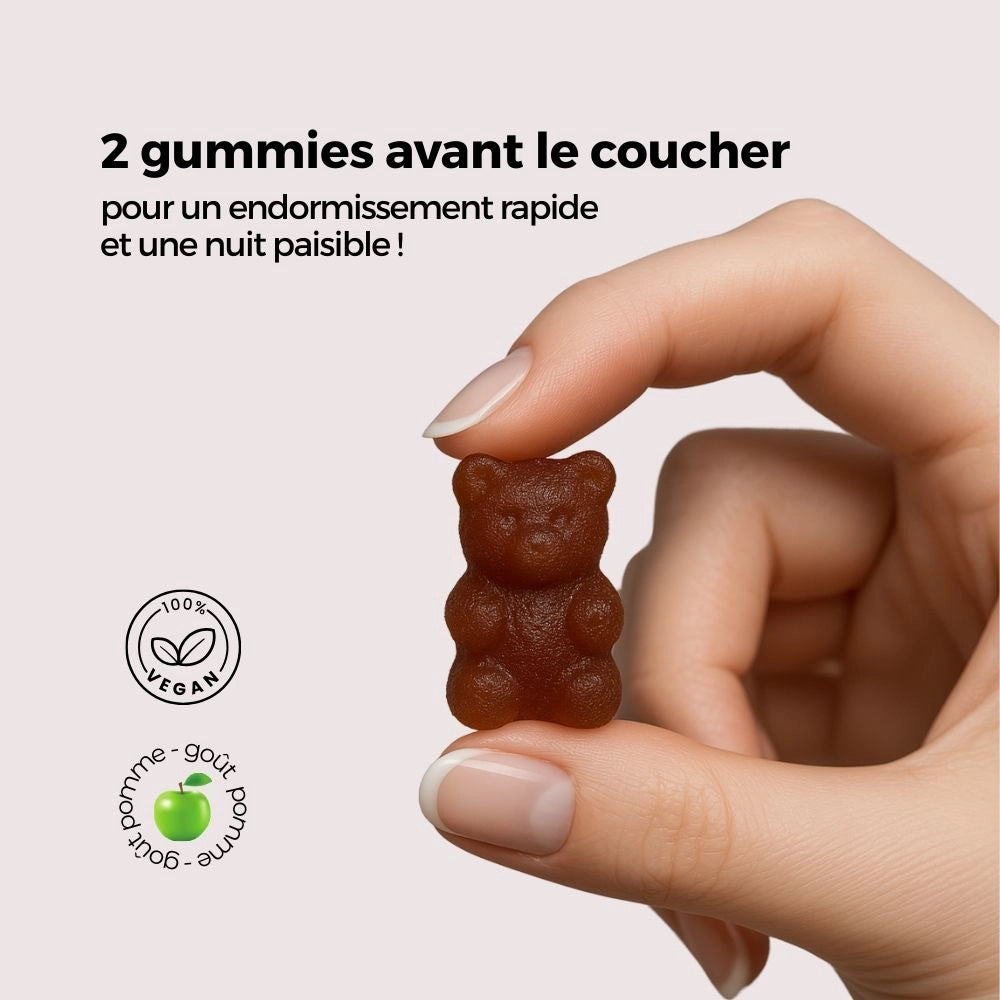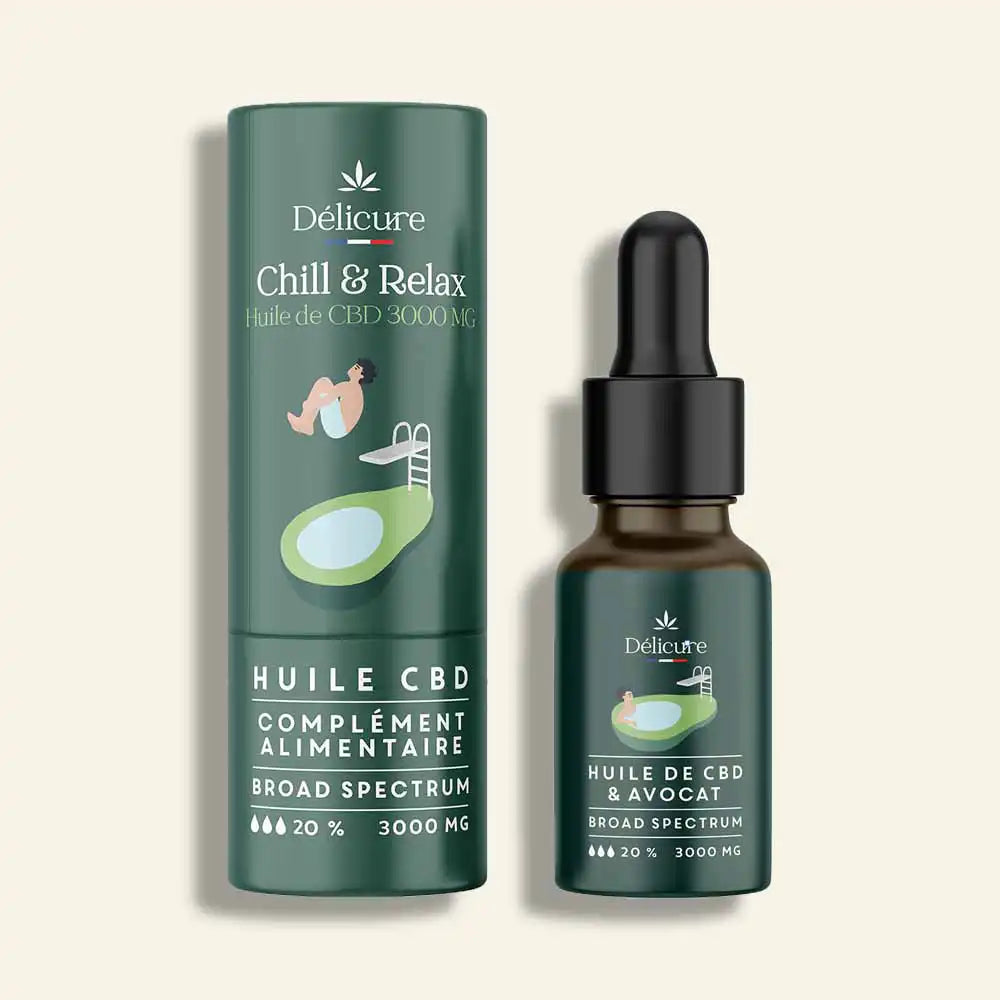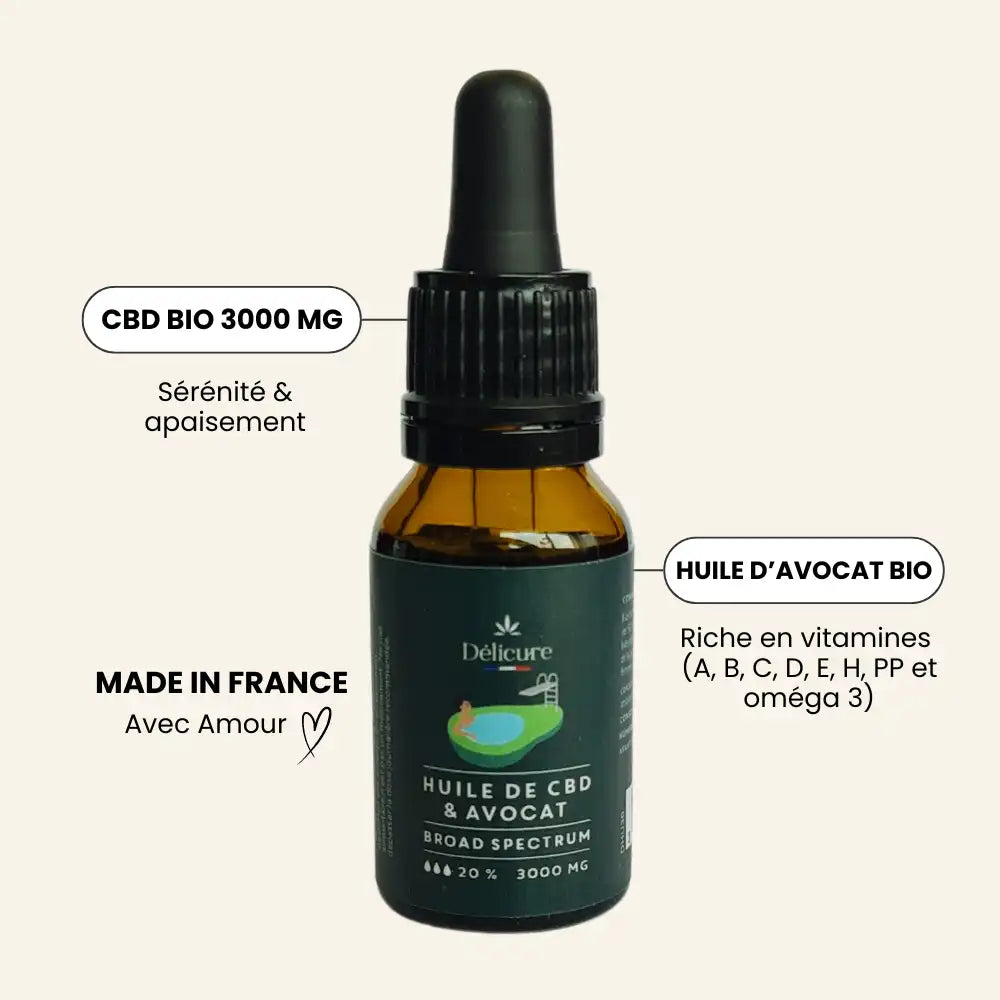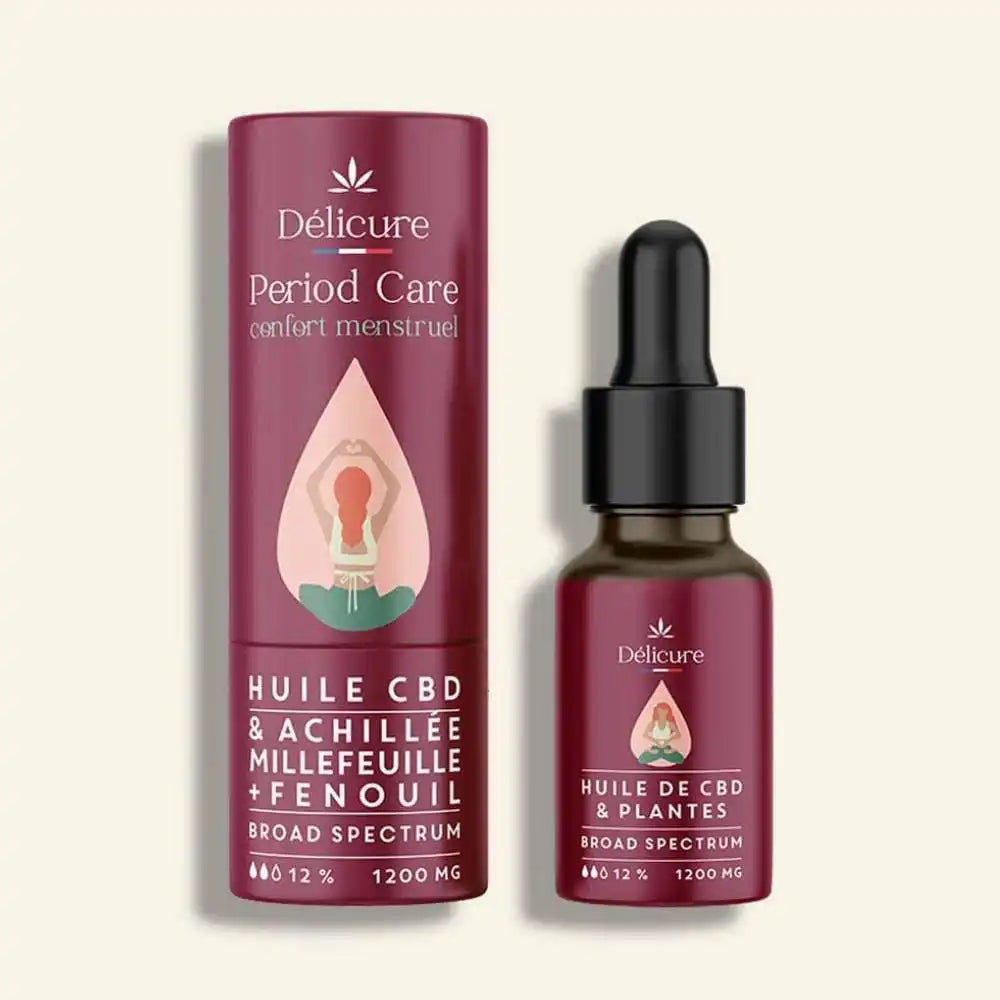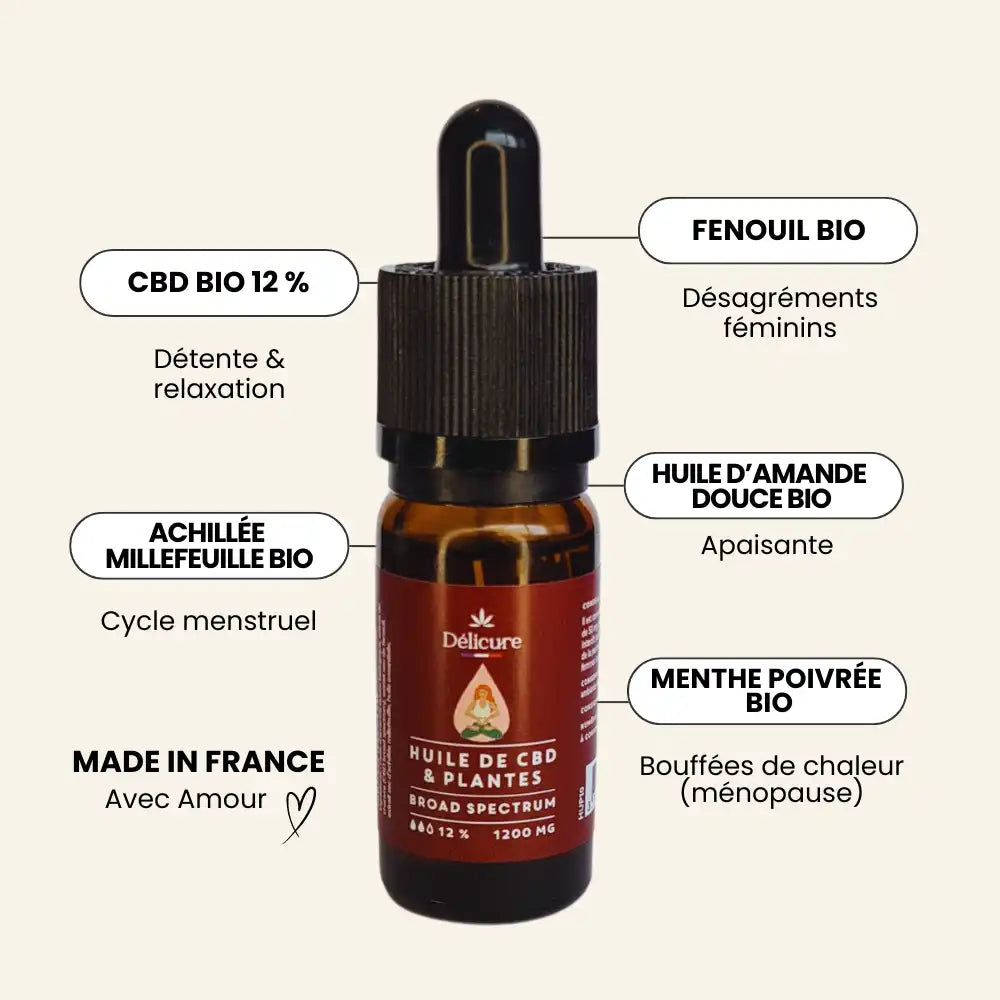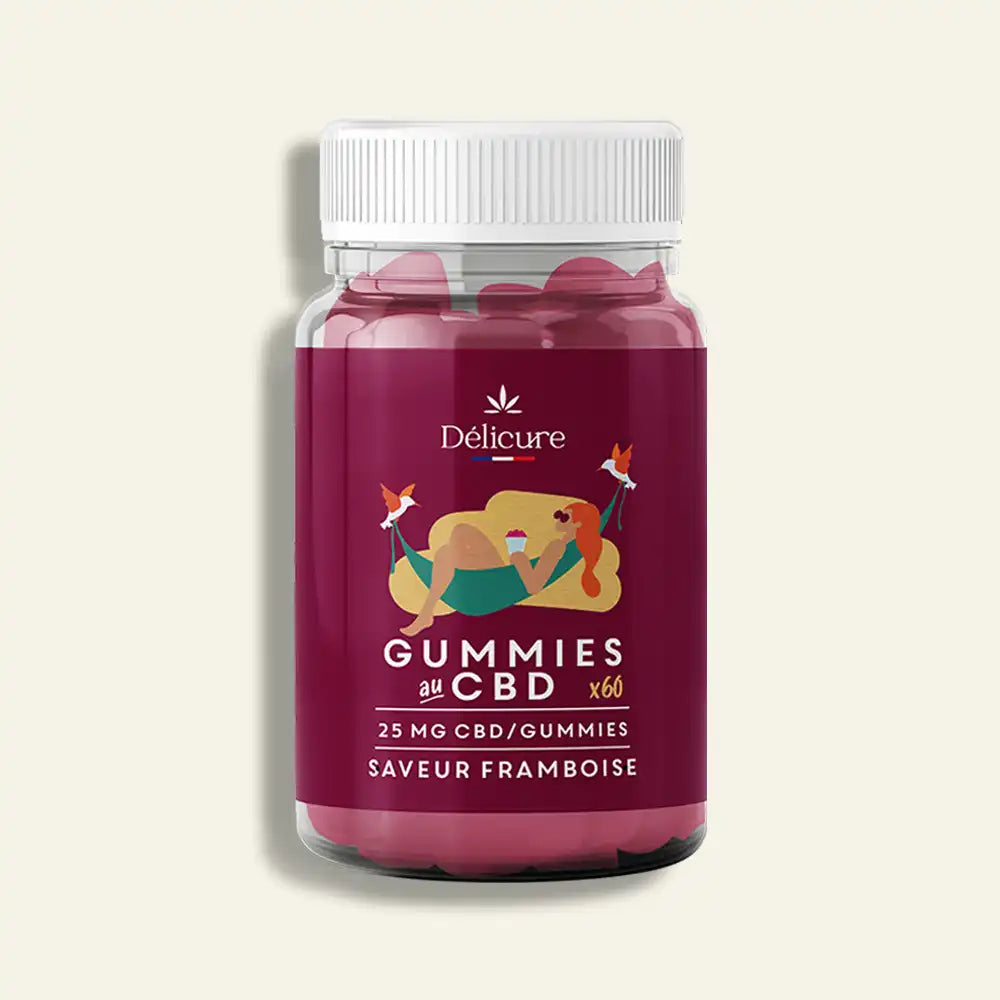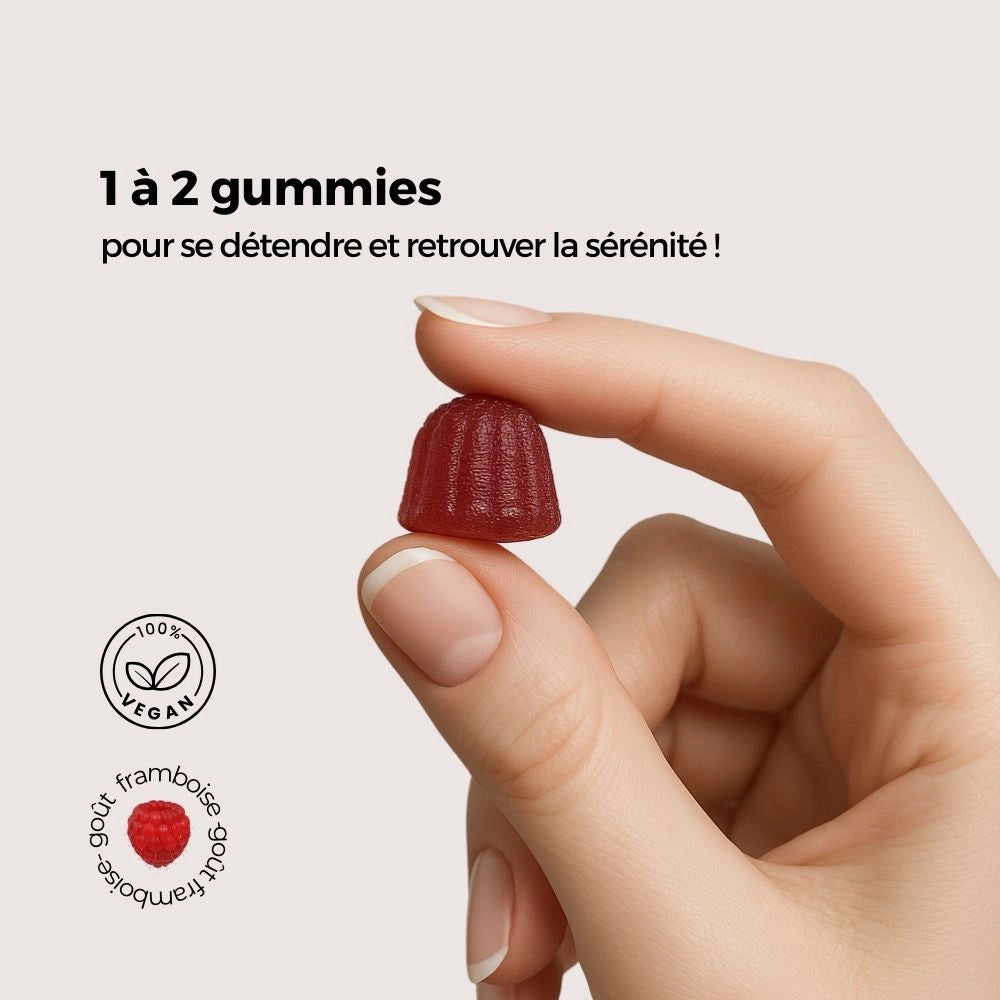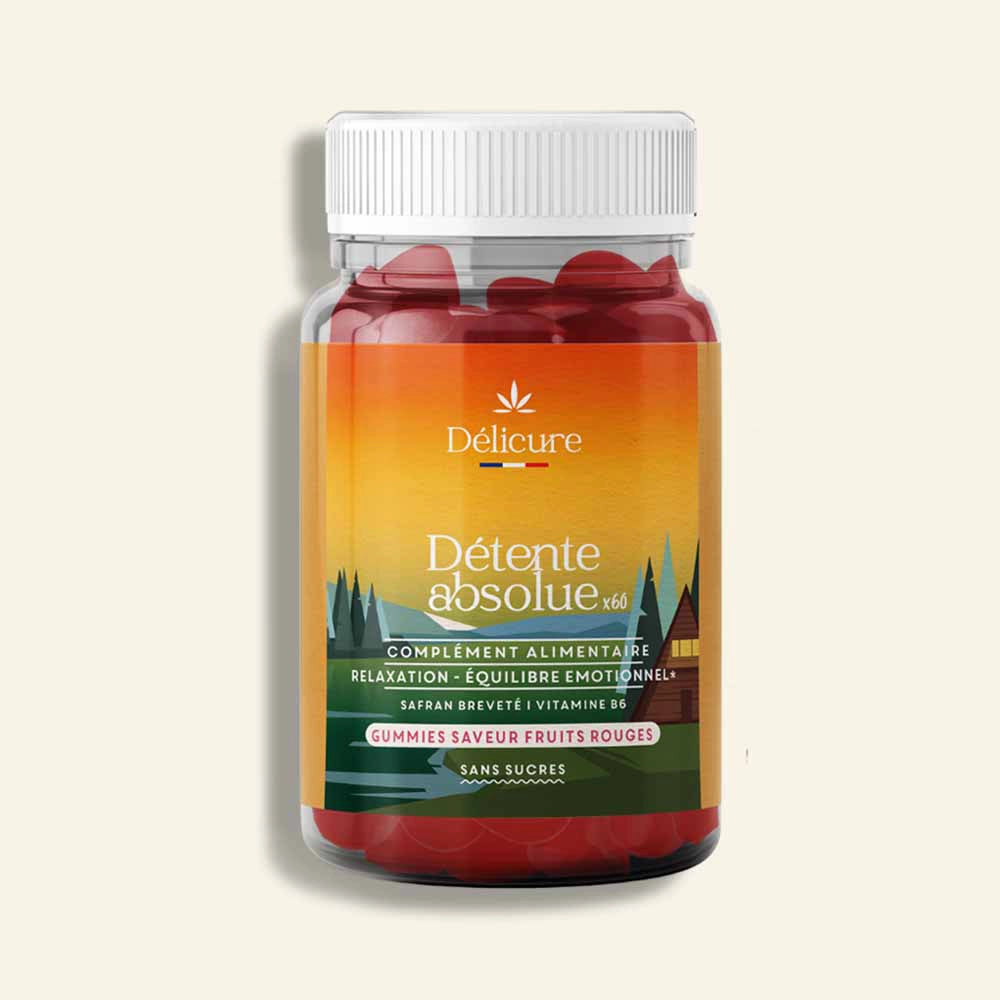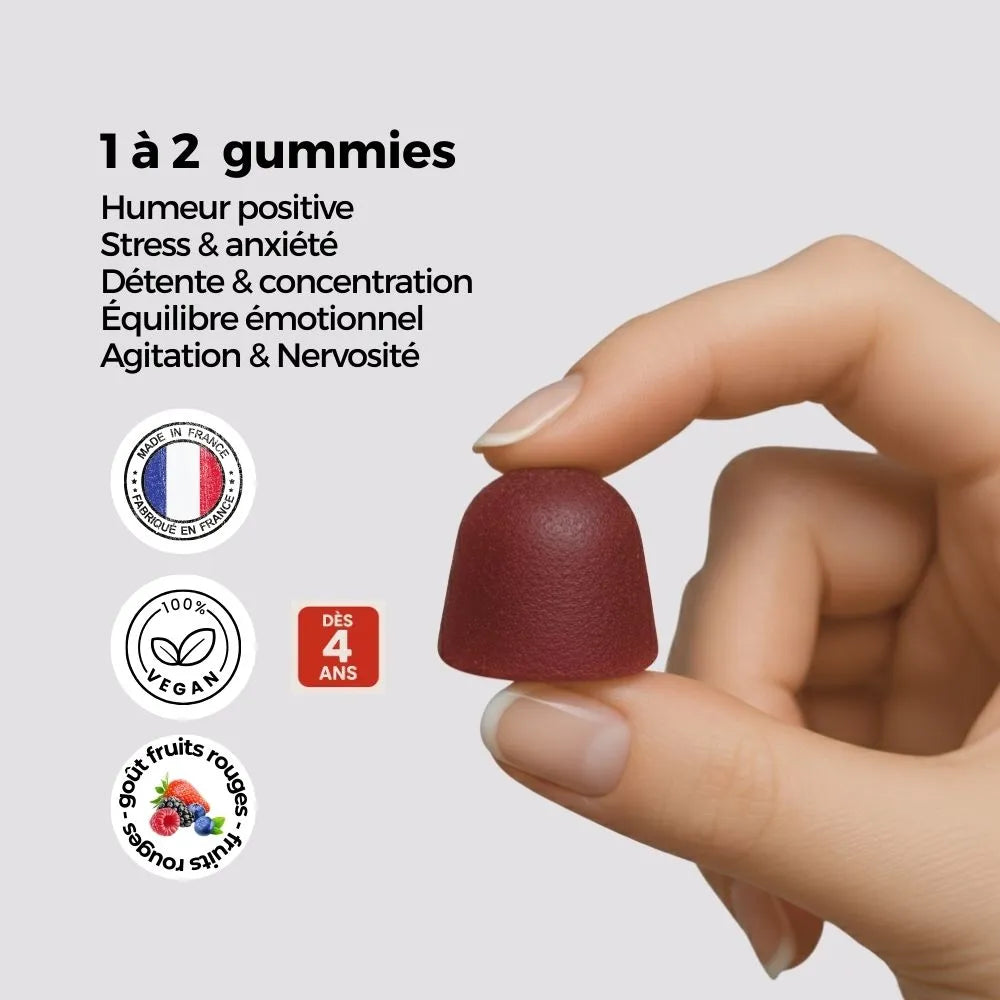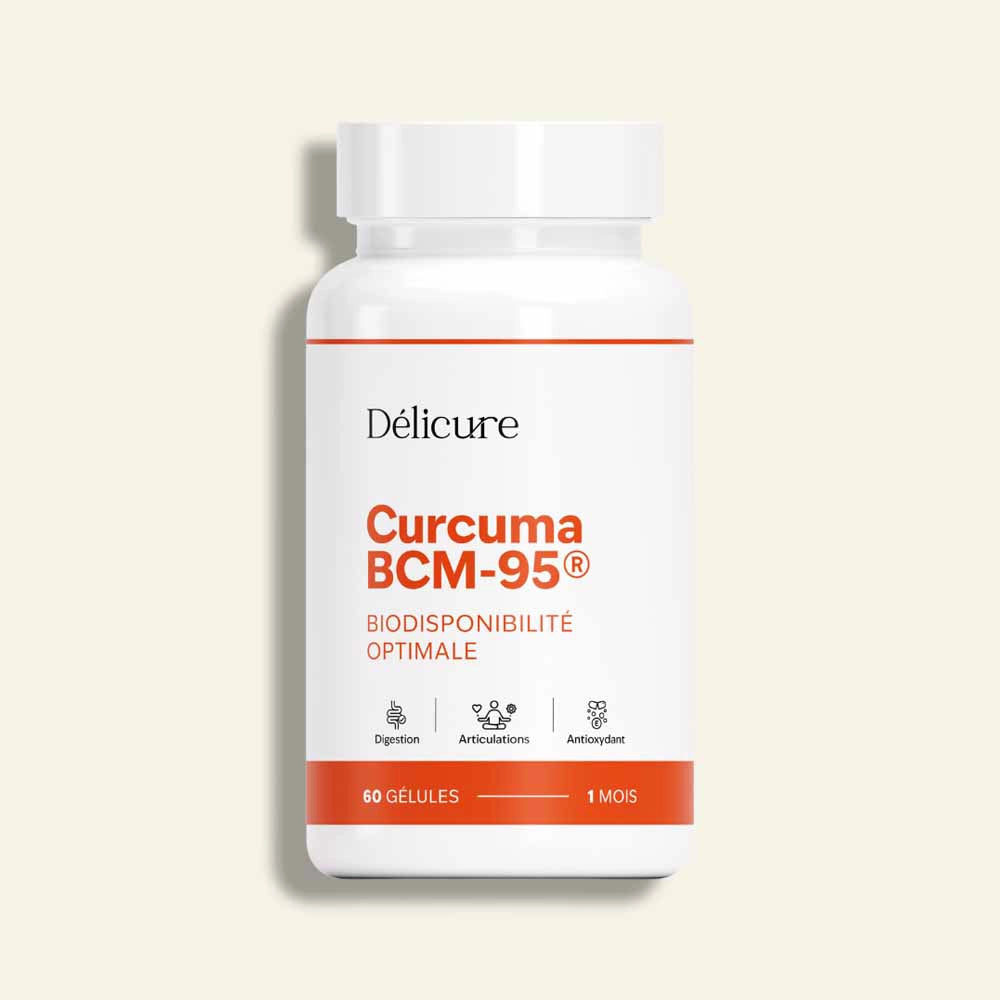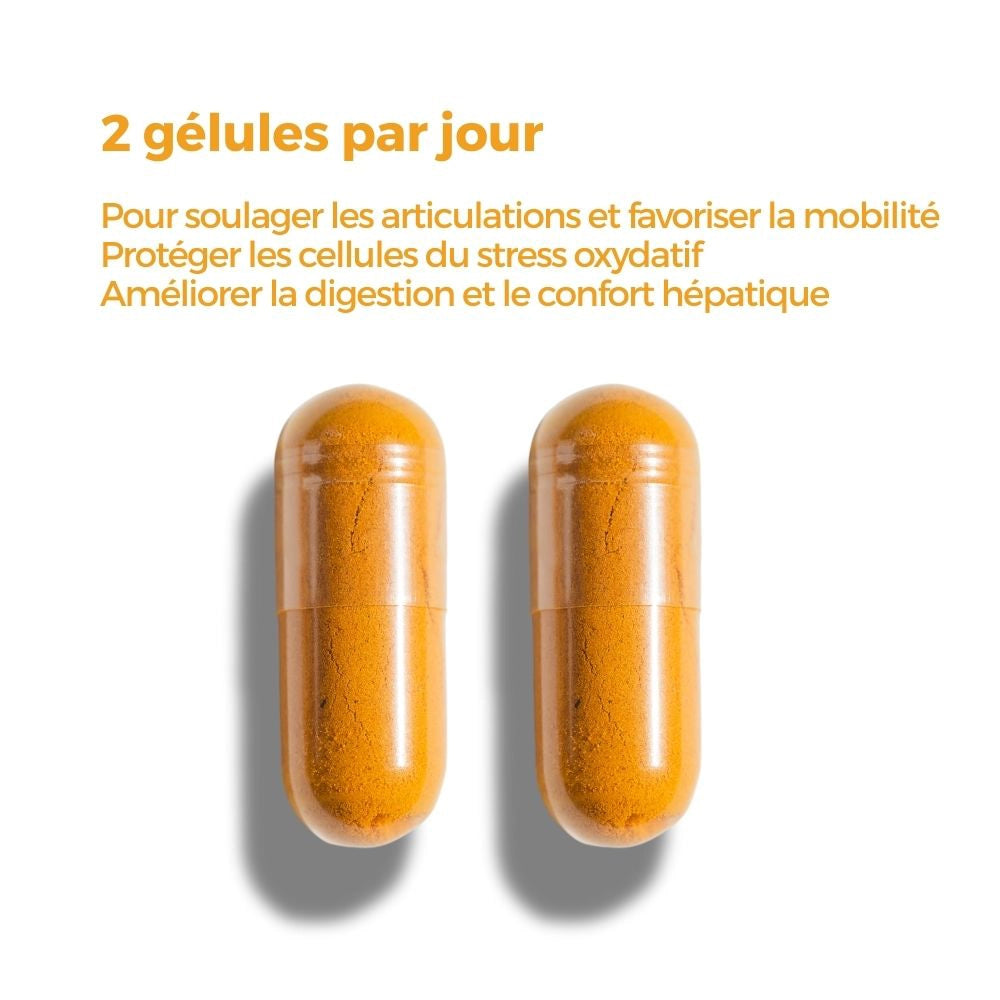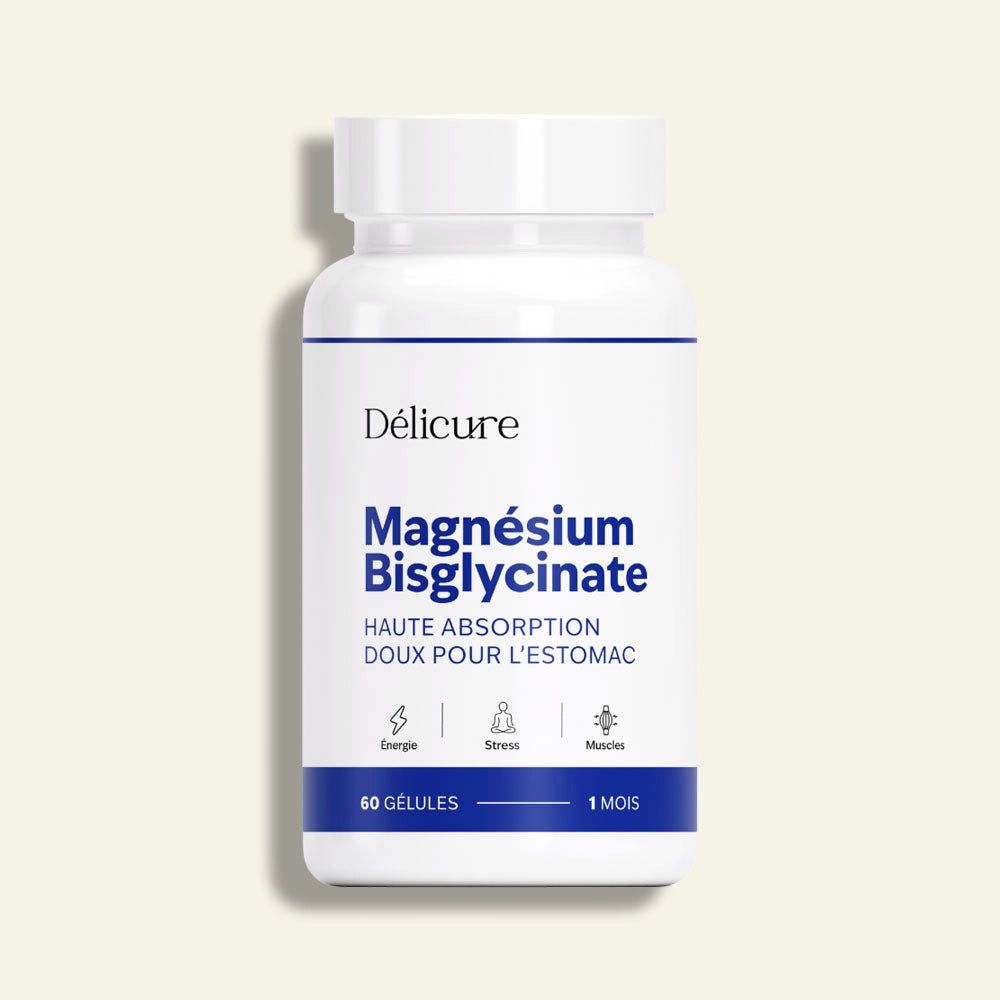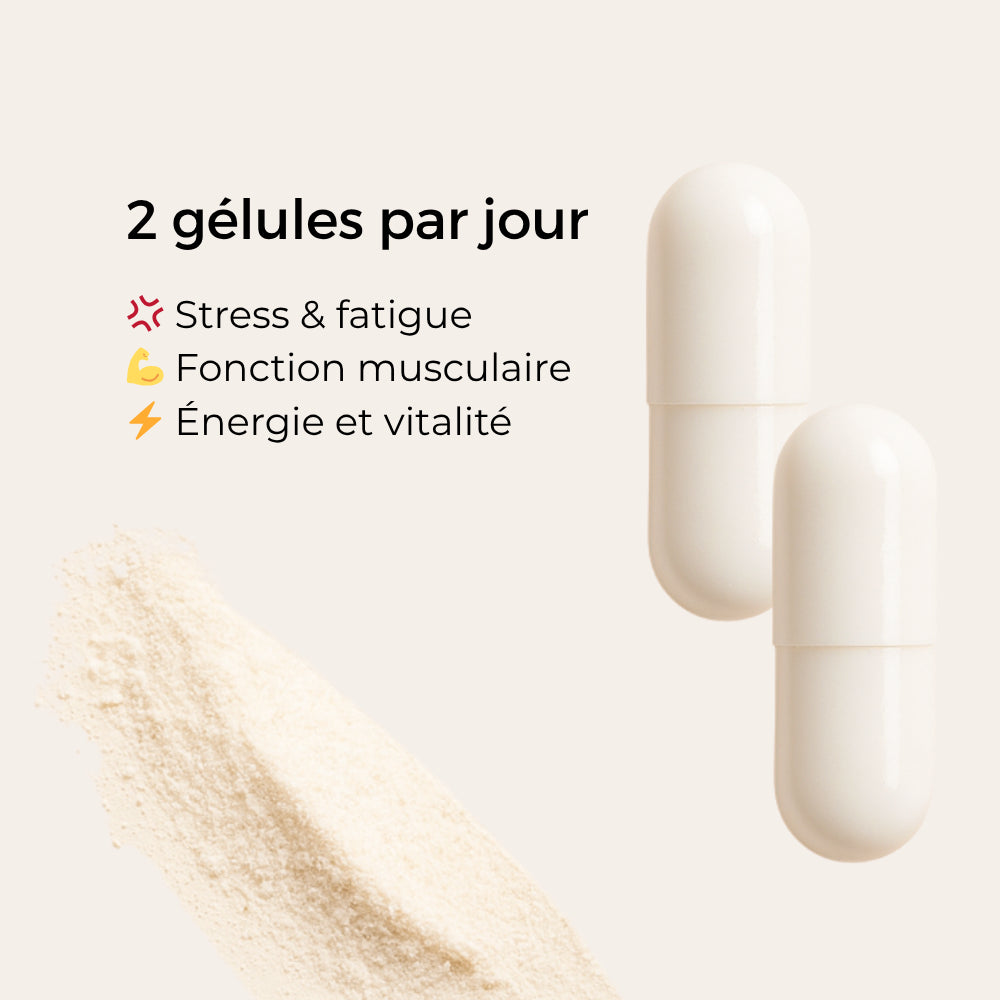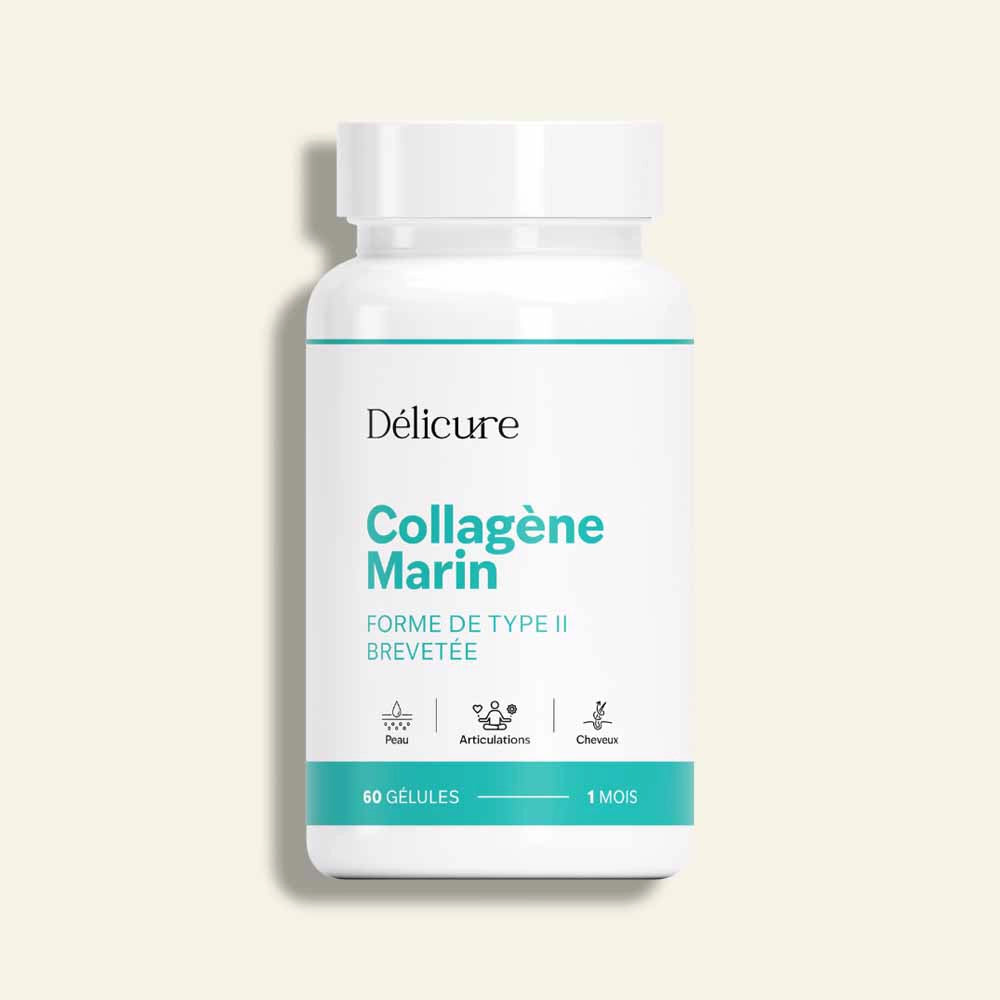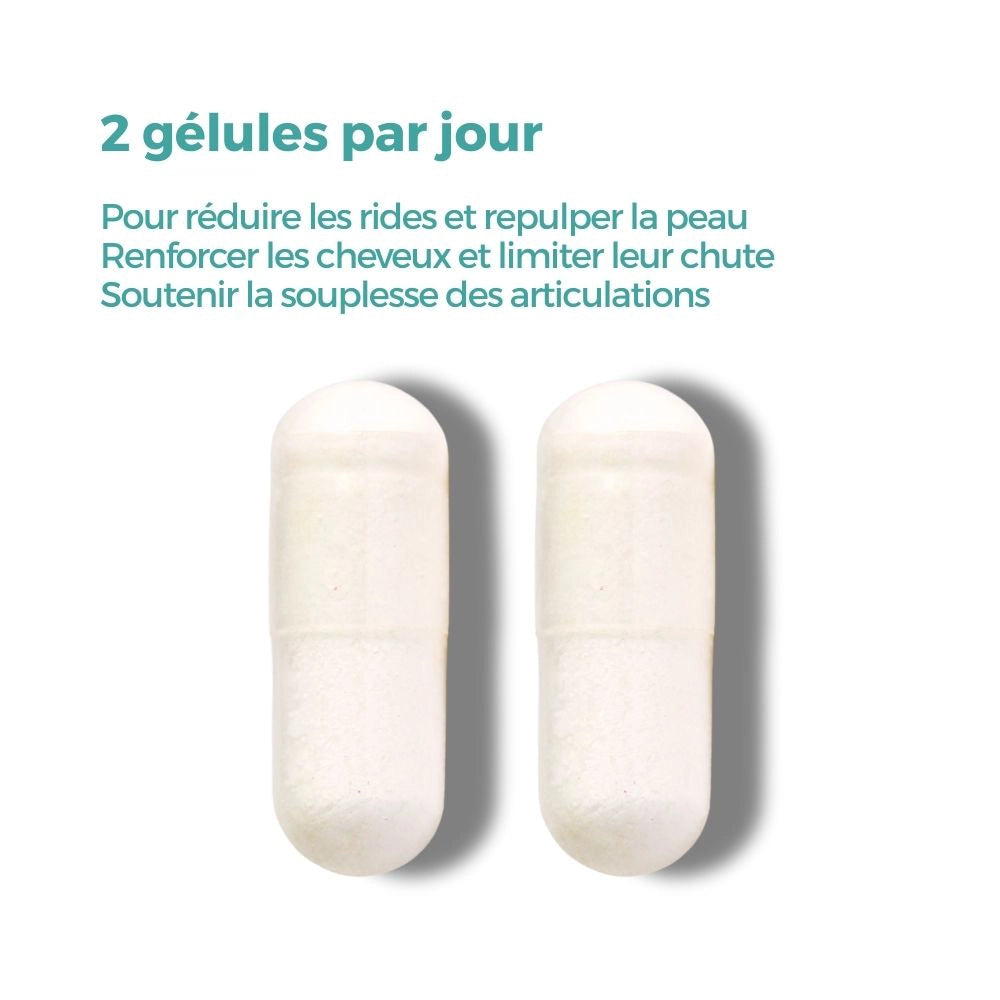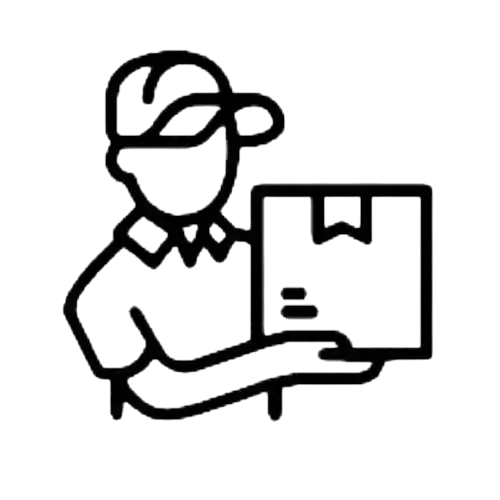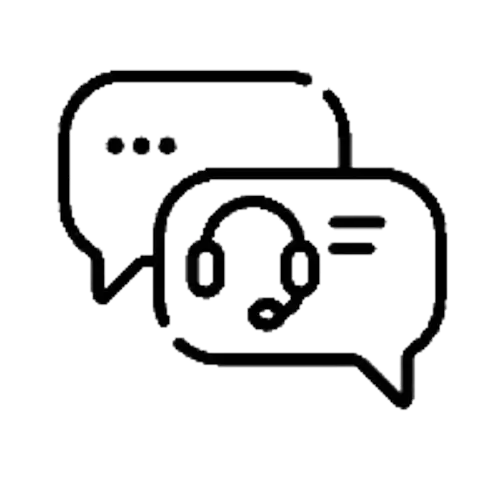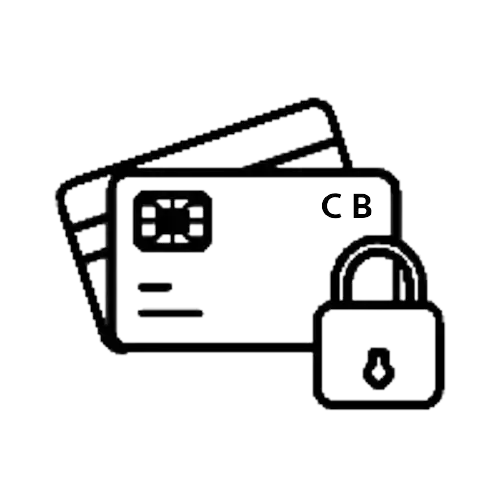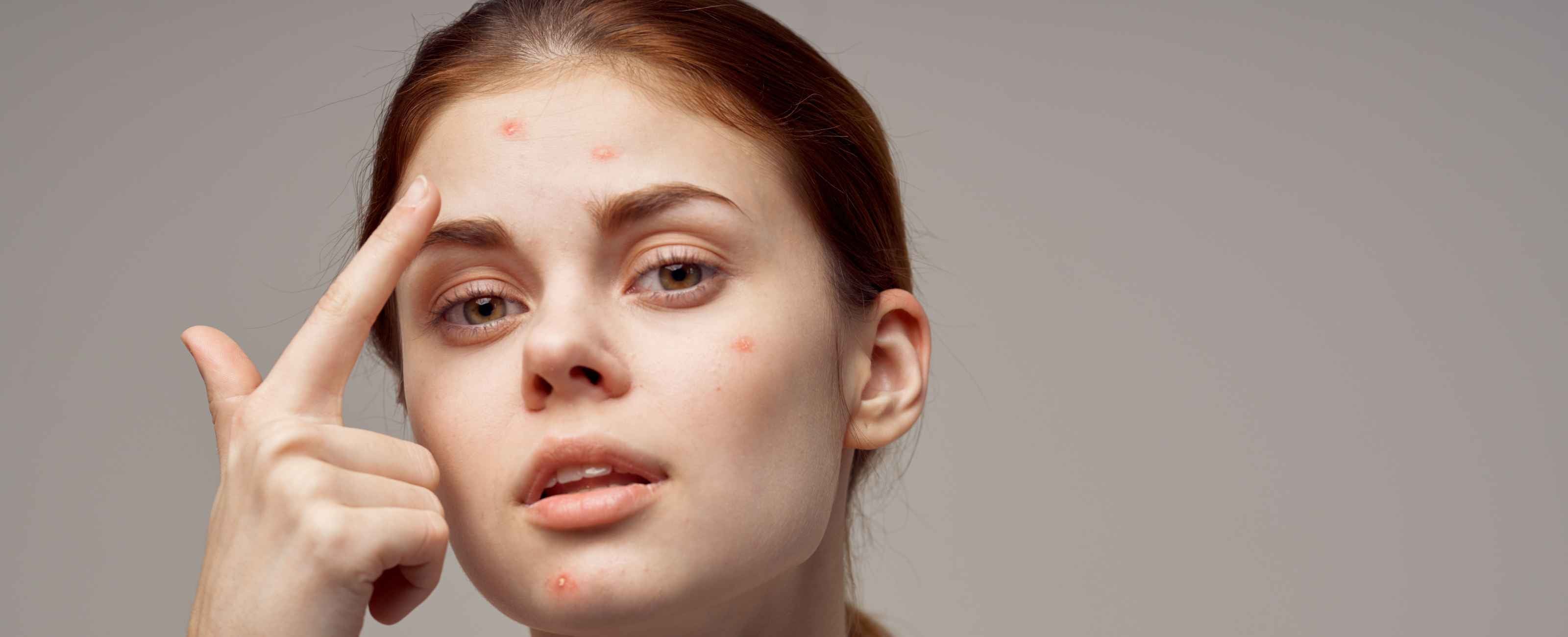
Skin: How to get rid of acne naturally and permanently?
Acne is a common skin problem during adolescence, but it also affects many adults. Its pimples, often visible on the face, can become a real source of embarrassment and impact self-confidence. However, there are now natural and effective solutions to achieve clear, healthy, and soothed skin .
At Délicure , we believe that beautiful skin begins with overall balance: a healthy lifestyle, a balanced diet, stress management, and appropriate natural supplements. Let's explore together how to understand, prevent, and treat acne effectively, while respecting your skin.
Where does acne come from?
Acne is a chronic skin condition that affects the pilosebaceous follicles, which are the cavities in the epidermis containing hairs and sebaceous glands. These glands produce sebum, an essential oily substance that protects the skin from external aggressors and maintains its natural moisture.
When everything is working properly, sebum flows freely and protects the skin. But in the case of acne-prone skin, the sebaceous glands produce too much sebum, often thicker than usual. This excess accumulates with dead skin cells and clogs pores. This leads to the formation of blackheads, pimples, and sometimes painful inflammation.
This blockage also promotes the proliferation of a bacterium called Propionibacterium acnes , naturally present on the skin. By multiplying in an oxygen-deprived environment, it triggers the characteristic skin eruptions associated with acne.
What are the symptoms of acne?
Acne can manifest in different forms, depending on the type and severity:
- Blackheads (open comedones) : small clusters of sebum that clog skin pores. They are often visible on the nose, forehead, and chin.
- Whiteheads (closed comedones) : blocked under the skin, they give a grainy appearance to the touch.
- Papules and pustules : red and painful bumps, sometimes topped with a small white dot filled with pus.
- Nodules and cysts : deeper, harder and painful, they can leave scars if manipulated.
The most affected areas are the face, neck, back, and chest. Acne often develops in flare-ups, which can last for several years before complete improvement. Even after the pimples have disappeared, red or pigmented scars may remain.

What are the causes of acne?
The causes of acne are multiple and often combined:
1. Hormones
Hormonal fluctuations are the main cause, particularly during adolescence, menstruation, pregnancy, or when stopping hormonal contraception. Androgens stimulate sebum production, making the skin more prone to blemishes.
2. Stress and fatigue
Stress releases hormones like cortisol, which can disrupt the hormonal system and stimulate sebum production. The result: inflamed skin and breakouts. To help manage stress naturally, Délicure has developed vegan and natural gummies made with patented saffron extract and vitamin B6. These active ingredients, tested in numerous clinical studies, promote relaxation, reduce nervous tension, and help restore an inner balance that's beneficial for the skin. See the full product details.
3. Food
A diet high in refined sugars, dairy products, or ultra-processed foods can influence hormones and sebum production. Conversely, a balanced diet rich in fiber, vitamins, and antioxidants (fruits, vegetables, nuts, oily fish, etc.) helps maintain healthy skin.
4. External factors
Pollution, excessive sweating, friction from clothing, or wearing a mask can clog pores and accentuate blemishes. Using unsuitable or overly harsh cosmetics can also weaken the skin barrier.
What treatments are available to get rid of acne?
Since acne is a complex condition, it is important to adopt a comprehensive approach: medical treatment if necessary, appropriate care, rigorous hygiene and a healthy lifestyle.
1. Consult a dermatologist
Acne is one of the main reasons for consulting a dermatologist. The doctor assesses the severity, type of blemishes, and hormonal factors to prescribe a personalized treatment (topical creams, antibiotics, retinoids, or hormonal treatments). These treatments are effective but can be irritating or drying, hence the importance of complementing them with gentle, natural skincare.
2. Adopting good daily habits
- Cleanse the skin morning and evening with a gentle, alcohol-free cleanser to remove sebum and impurities without irritating the skin.
- Avoid touching your pimples to prevent spreading bacteria or causing scarring.
- Changing pillowcases regularly and cleaning your mobile phone are two common sources of bacteria.
- Remove makeup thoroughly with a non-comedogenic product suitable for sensitive skin.
3. The anti-acne diet
To limit flare-ups, prioritize a diet rich in B vitamins and trace elements such as zinc , magnesium, and selenium. These nutrients help regulate sebum production and support healing. Foods rich in omega-3 fatty acids, such as oily fish or flax seeds, also help reduce inflammation.
4. The role of sleep and relaxation
A good night's sleep allows the skin to regenerate. However, lack of sleep exacerbates stress and skin inflammation. To help restore a natural rhythm, Délicure offers sleep gummies made with melatonin , linden, and passionflower, which promote falling asleep and deep rest. Sleeping better also helps the skin breathe better.
5. Take care of your skin with the right products
Skincare products should be non-comedogenic , gentle, and purifying. Overly frequent scrubs, harsh masks, or stripping soaps can worsen the situation. Opt instead for light moisturizers, regulating plant oils (jojoba, black cumin, hazelnut), and suitable natural skincare products.
6. Complete your routine with the Collagen Collection
To deeply enhance the beauty of your skin, the Collagen Delicure collection is an essential ally. Thanks to its patented Cartidyss® and Reggenerate™ collagens, sourced from eco-responsible French supply chains, it helps to firm the skin, improve its elasticity, and reduce the appearance of wrinkles.
By naturally stimulating collagen production and cell regeneration, these collagen formulas also help to reduce acne marks, even out skin tone and restore radiance to the skin, for visible and lasting beauty.
7. Protect yourself from the sun
Contrary to popular belief, sun exposure does not permanently improve acne. After a period of improvement, the thickened skin closes up again and the pimples reappear. It is therefore essential to use a suitable, lightweight, and non-comedogenic sunscreen .
Towards soothed and radiant skin
Getting rid of acne requires patience, but every little bit helps. By combining gentle hygiene, a balanced diet, good sleep, and natural skincare, your skin will gradually regain its balance. Délicure supports you in this holistic approach to well-being, offering simple, natural, and effective supplements and rituals.
Remember: the skin reflects our inner balance. By taking care of yourself, you take care of it.
FAQ – Everything you need to know to soothe and treat acne naturally
1. Is acne only related to adolescence?
No, acne doesn't just affect teenagers. Many adults, especially women, can suffer from it due to hormonal fluctuations, stress, or unsuitable cosmetics. It's entirely possible to treat this adult acne with a suitable routine and natural supplements like those offered by Délicure.
2. What foods can worsen acne?
Dairy products, refined sugar, ultra-processed foods, and high-glycemic-index foods can worsen acne breakouts. For healthier skin, choose foods rich in fiber, omega-3 fatty acids, antioxidants, and zinc, which help regulate sebum production and reduce inflammation.
3. Can stress really cause pimples?
Yes, stress stimulates the production of cortisol, a hormone that promotes sebum secretion and inflammation. To calm stress and prevent its effects on the skin, Délicure anti-stress gummies, made with saffron, rhodiola, and GABA, can help restore emotional and skin balance.
4. Should you avoid wearing makeup if you have acne?
There's no need to banish makeup, but you should choose non-comedogenic products, free of mineral oil and silicone. Opt for a light BB cream rather than a powder, and always remove your makeup thoroughly at night to allow your skin to breathe.
5. What natural supplements can help improve skin condition?
Treatments containing zinc, collagen , and B vitamins help strengthen the skin barrier and reduce imperfections. At Délicure, the Cartidyss® collagen treatment and sleep gummies are perfect for promoting rested, firm, and radiant skin.


